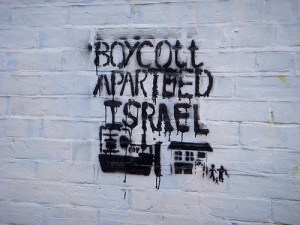The following address was delivered by Stephen Lewis – former UN Special Envoy for HIV/AIDS in Africa and one of today’s most important global health advocates – on the eve of World AIDS Day at the Yale School of Public Health.
The Global Fund to Fight AIDS, Tuberculosis and Malaria has been the international financial armada in the battle against the three diseases. The collapse of the next round of Global Fund grants, known as Round 11, is the most serious, catastrophic setback in the Fund’s decade of existence. Hiding behind the banner of the financial crisis, the donor countries have clearly decided that if budgetary cuts are to be made, the Global Fund can be among the first to go.
It’s terribly important to recognize the moral implications. It’s not just the fact that people will die; it’s the fact that those who have made the decision know that people will die. How does that get rationalized? How does that get dealt with in the inner sanctums of development ministries and cabinet discussions? What in God’s name do they say to each other?
